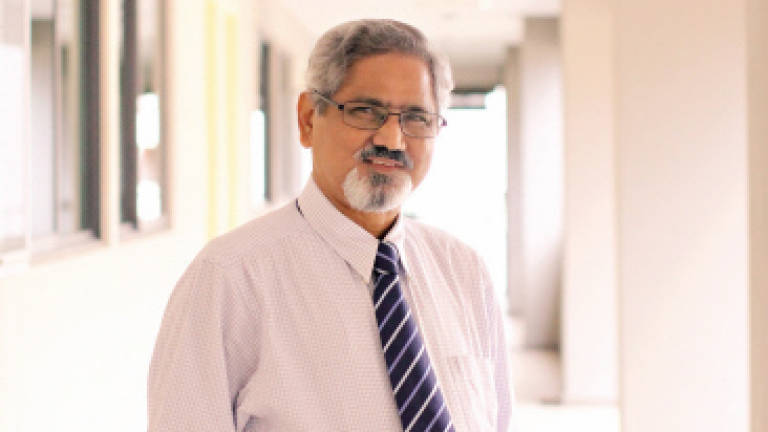Understanding what Muslim consumers want

WHAT constitutes halal, and how does it affects consumer behaviour? Monash University Malaysia takes a multidisciplinary approach towards research in Islamic marketing
Islamic marketing may be a relatively new specialisation in the world of marketing but it is nonetheless a critical one, considering the burgeoning Muslim population, and correspondingly, market for halal products and services globally.
According to the State of the Global Islamic Economy 2014 - 2015 Report by the Dubai Islamic Economy Development Centre, Thomson Reuters and DinarStandard, global Muslim spending on food and beverage increased 10.8% year-on-year to USD1.29 trillion in 2013.
Monash University Malaysia Associate Professor Dr Muhd Yunus Ali said, "Those who marginalise Muslim consumers will be the ultimate losers, as even multinational corporations are beginning to focus on the Muslim consumer.
"The market is growing significantly and consumer awareness is growing fast because of social media."
Yunus' research efforts in the field of Islamic marketing have been recognised internationally, most recently named the Islamic Marketer of the Year Award by the International Islamic Marketing Association (IIMA) at the 7th Global Islamic Marketing Conference in Casablanca, Morocco on May 5 for his contributions to the research and education on Islamic Marketing.
Six months earlier, three groups of Yunus' Islamic marketing students from the School of Business were selected to present at the Academy for Global Business Advancement's 12th World Congress, which was held in University Malaysia Pahang in November 2015.
One of the research papers that Yunus co-wrote with his students, entitled, Muslim Consumers' Halal Consumption: The Role of Emotional and Religiosity Factors in Buying Attention, won the Best Paper Award of the conference.
"Currently, we are building an Islamic business education programme at Monash under the halal ecosystem platform.
"We have established a multidisciplinary research platform and we are collaborating with external partners too. In the long run, we plan to offer a major in Islamic Business in the School of Business and to establish a halal centre of excellence at Monash," he said.
"The School of Medicine is looking at the effects of hormones in meat when slaughtered in the halal way versus the non-halal way, while the Pharmacy department is looking at identifying ingredients in pharmaceutical products to see whether they are halal or not," Yunus explained.
He has been completing a research project on Muslim consumers' halal brand selection behaviour, which is funded by the Malaysian Ministry of Education under the Fundamental Research Grant Scheme (FRGS).
"For this project, we initially started with focus groups, and we used the data as a basis to design eye-tracking to monitor the visual movement of consumers' eyes.
This is to see how many people concentrate on the halal logo and other brand selection cues, for how long, how easily observable the logo is on good packaging and how it helps influence purchasing behaviour," he added.
One of the main challenges in Islamic marketing is satisfying the needs of the diverse Islamic market, which is not a homogenous one.
"A recent research showed there are conservative Muslims, 'New-Age' Muslims, liberal Muslims and social pragmatist Muslims.
"Their expectations are different. Marketing is not only about selling products but understanding their needs and ways of interpreting information.
"Increasing market potential is to get the information about your market, and then translating that information into designing products and services for consumers," said Yunus.
He also noted that he is looking at a project to develop a halal score to rank the different certification for integrity.